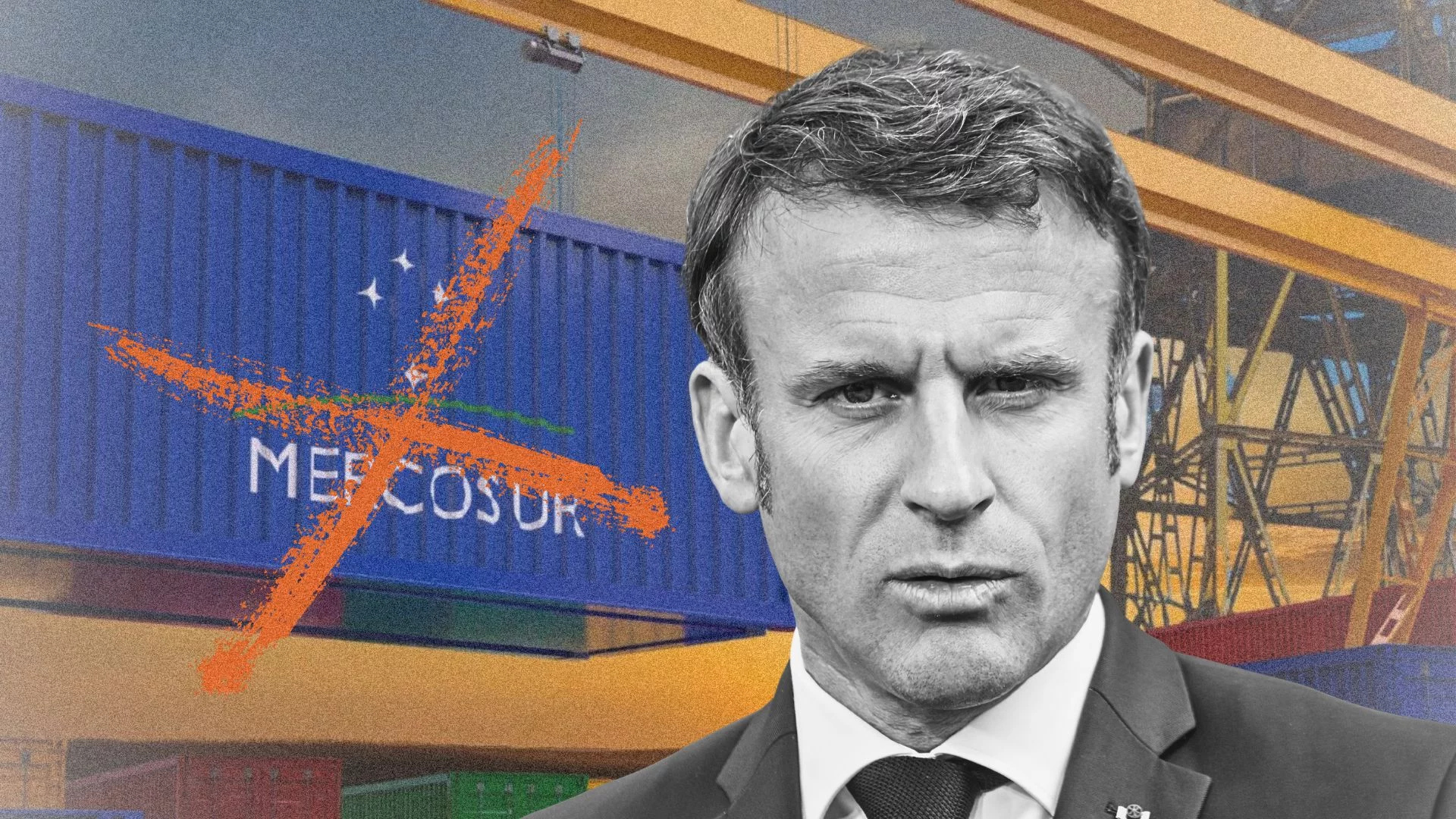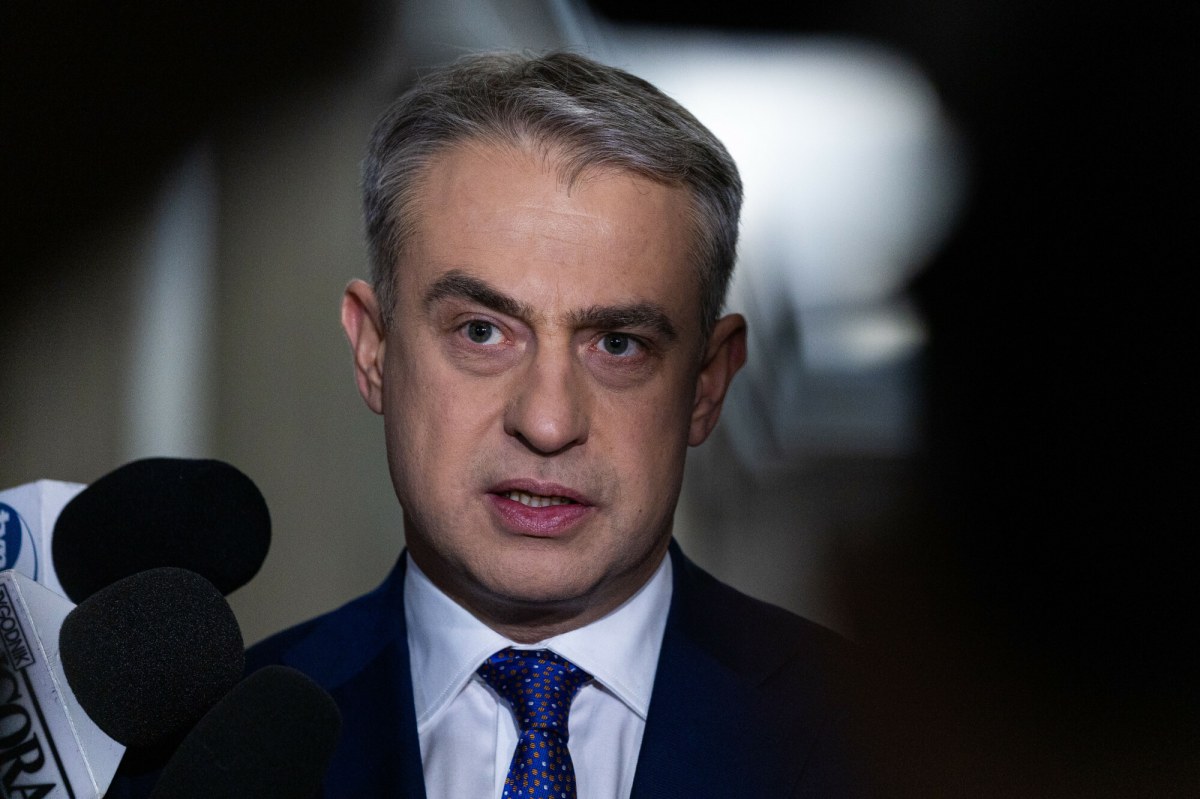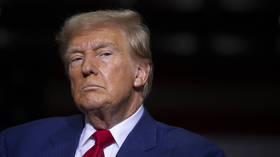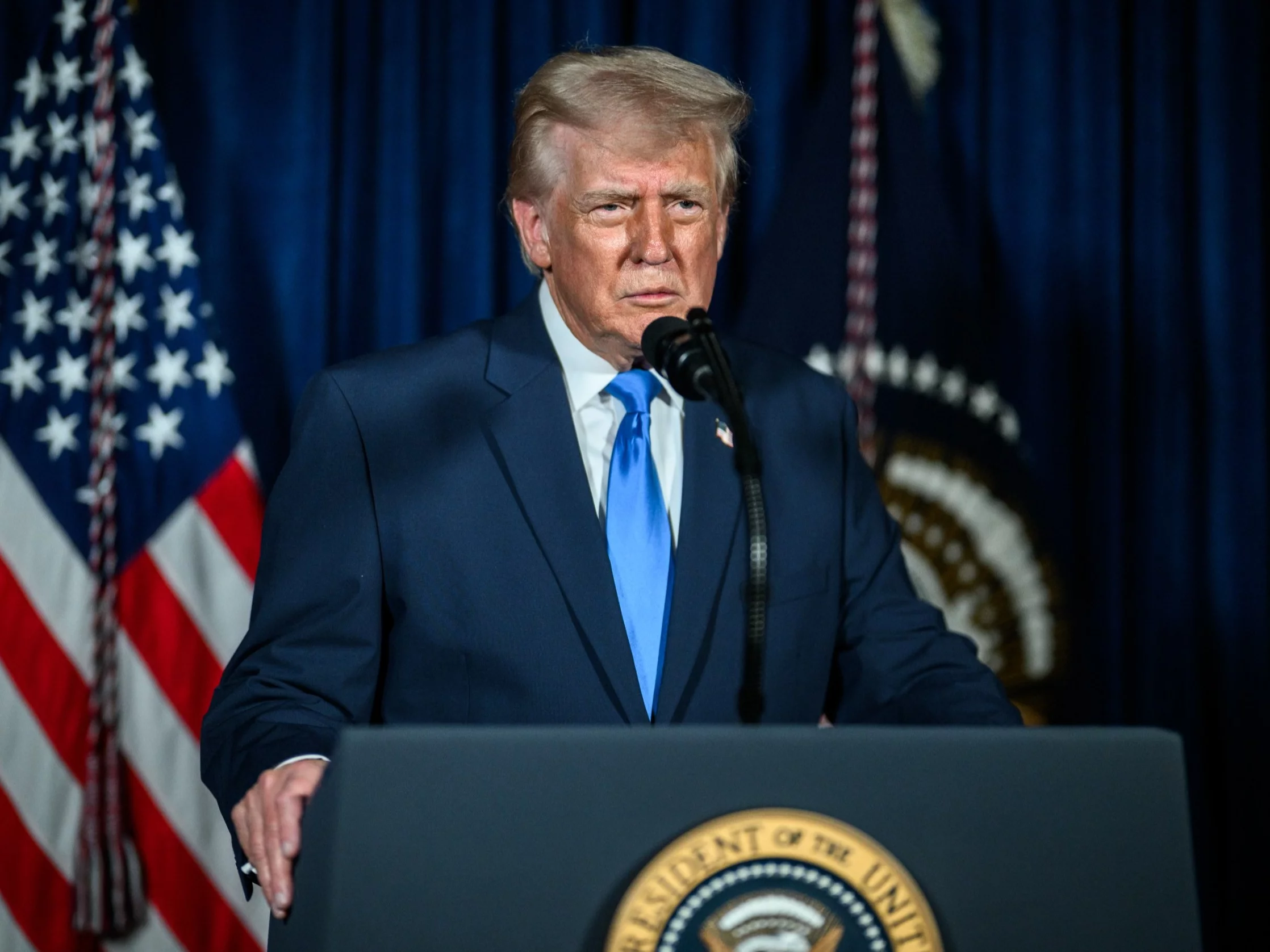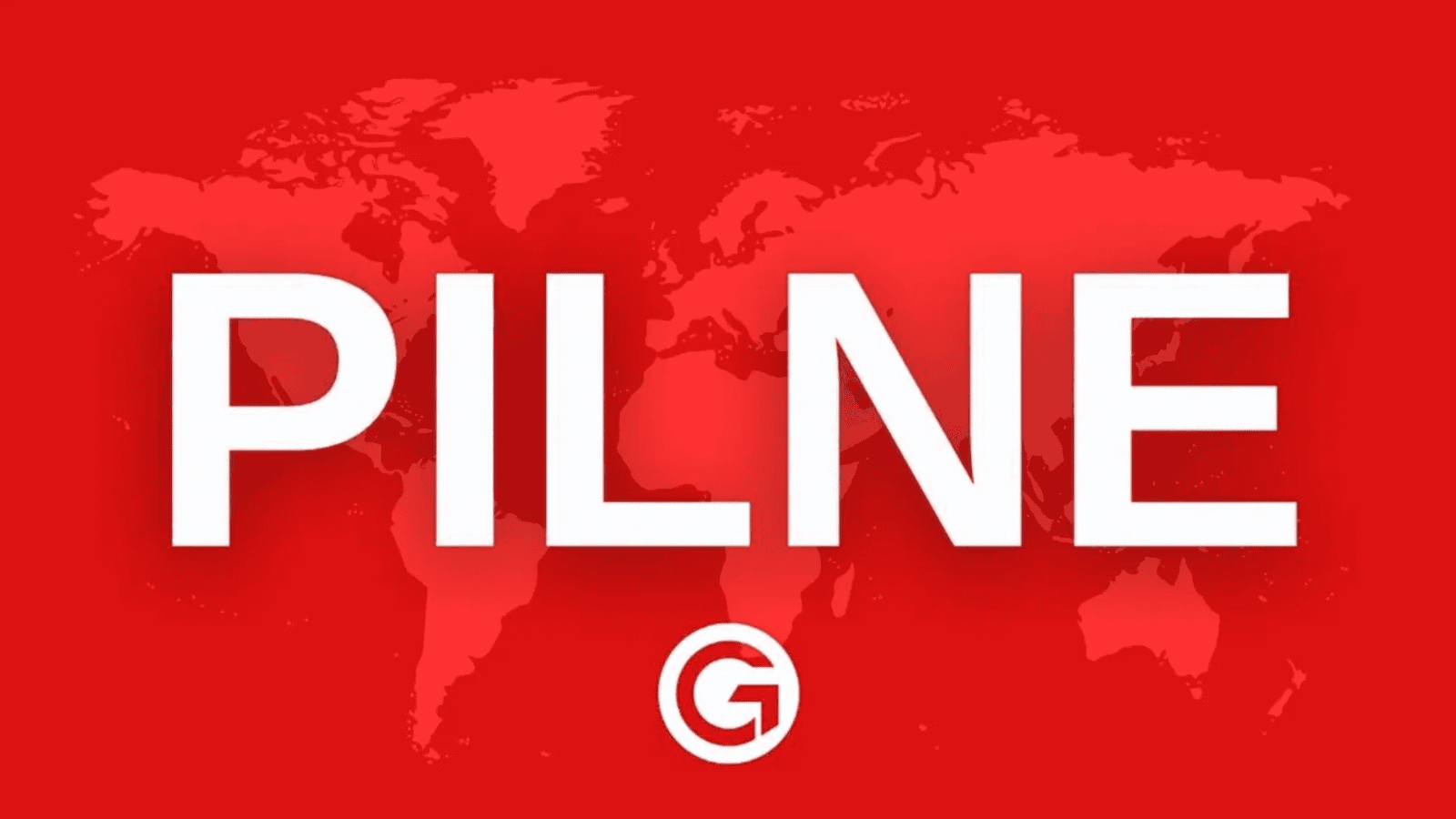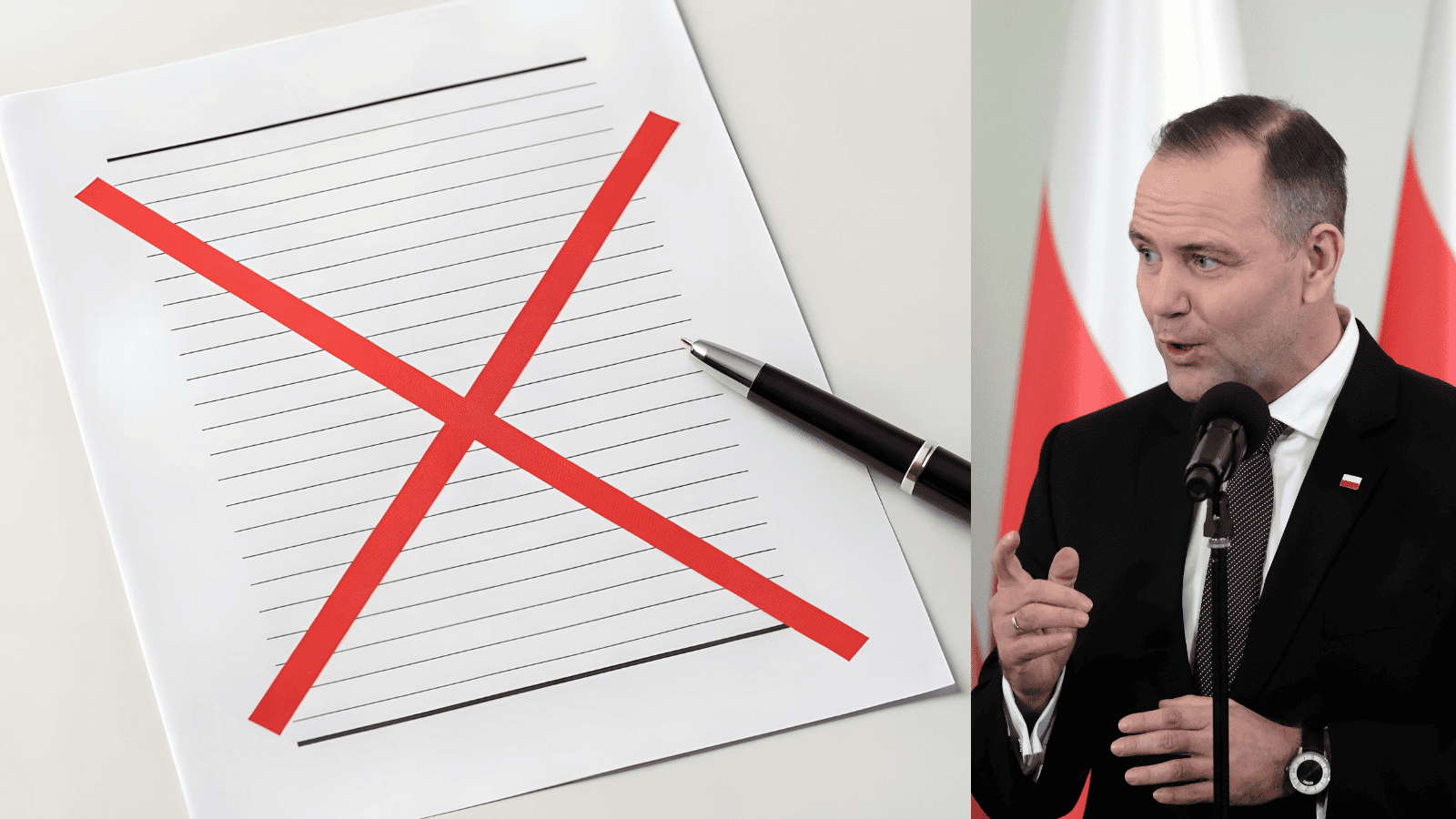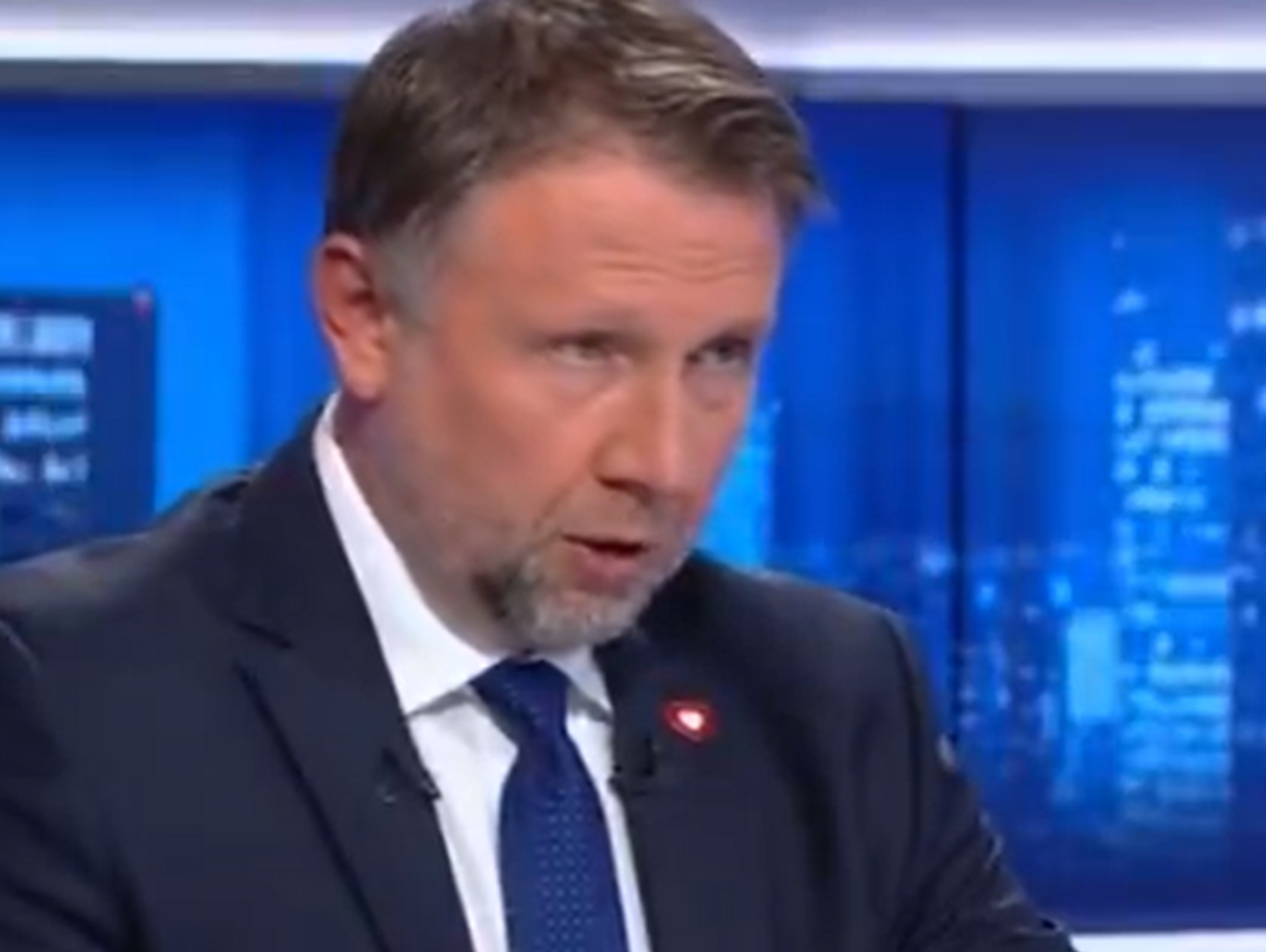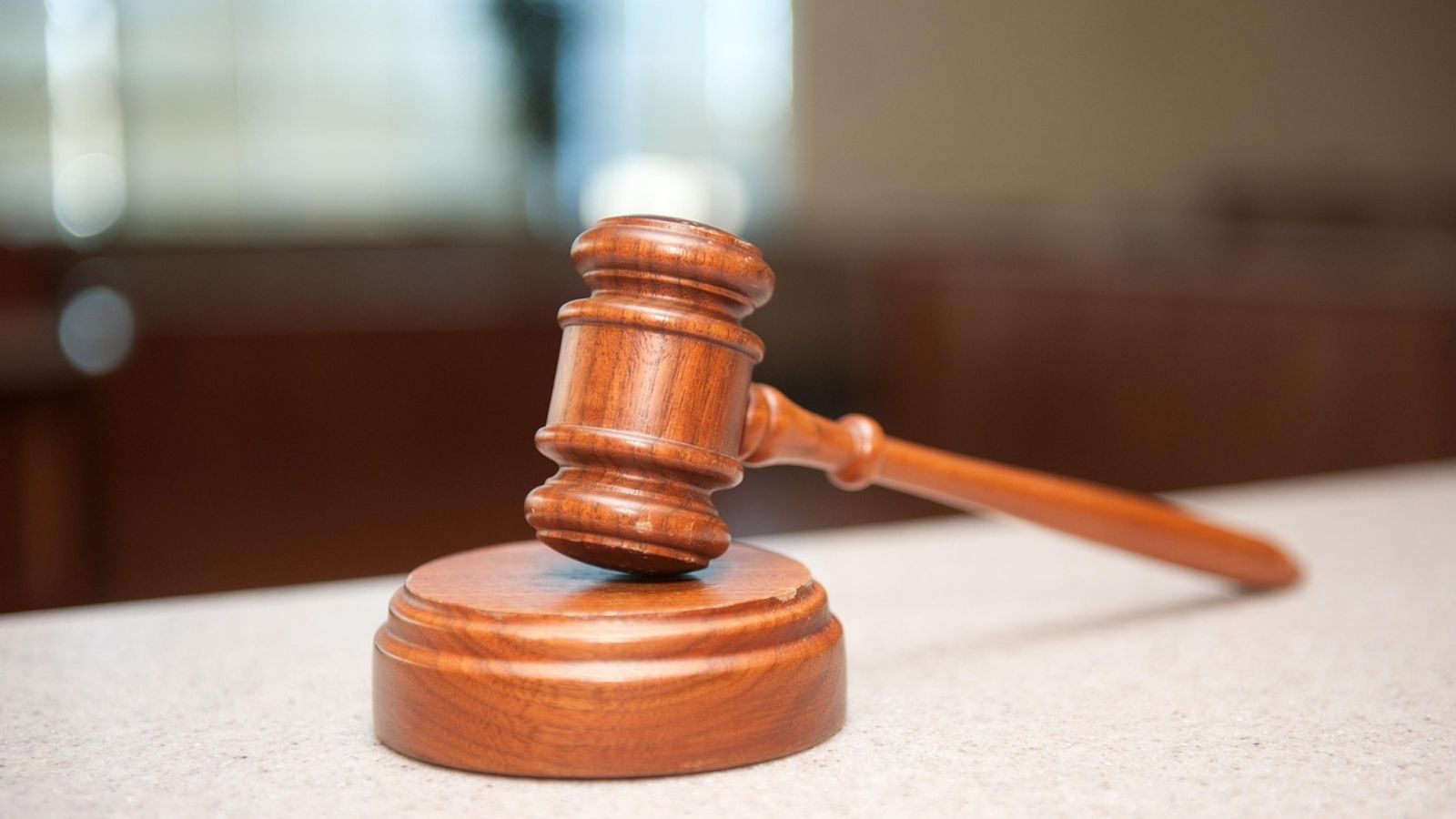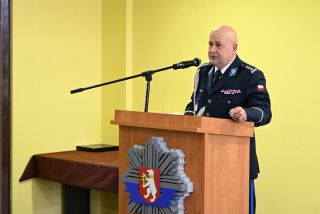President Andrzej Duda, during the celebration on the occasion of the 160th anniversary of the outbreak of January, recalled that Poles, Lithuanians, Belarusians and Ukrainians were fighting to throw down Russian shackles. He added that he believed that Ukraine would defy the Russian wave besides thanks to the support of allies. Ukrainian Ambassador to Poland Vasily Zwarycz read a letter from the president of Ukraine Volodymyr Zelenski. The ceremony was besides attended by the leader of the Belarusian opposition Svetlan Tichanowska.
On Monday, with the participation of Presidents of Poland and Lithuania - Andrzej Duda and Gitanas Nauseda at the Citadel in Warsaw, celebrations were held on the occasion of the 160th anniversary of the January Uprising.
President Duda spoke during the ceremony that the January uprising was the largest and longest lasting from the uprisings against the invaders to regain the free, sovereign and independent Republic.
- I'm sorry. The uprising lasted more than 2 years, involving more than 200,000 people, participating in an active fight. 20 1000 insurgents died, hundreds of thousands suffered later the destiny of Sibiru, the destiny of the wanderers, were deprived of wealth, the chances of a decent life, the chances of obtaining education, persecuted, crushed," said Duda.
According to Andrzej Duda, the words accompanying the uprising - “for our freedom and yours”, “freedom, equality, independence”, “gloria Victis” - built greatness, a sense of continuity, endurance and indestructibility of society, the belief that the state would be reborn.
SEE ALSO: Young people of All Poland paid tribute to the January insurgents
The president of Lithuania, Ginatas Nauseda, on the another hand, said that the January uprising “has undermined the efforts of the Czarski regime, which aimed at the final capture of Polish, Lithuanian, Belarusian and Ukrainian nations and again demonstrated the vitality of the society of the Republic of Both Nations.”
Polish and Lithuanian presidents besides talked about the fighting Ukraine.
- I'm sorry. present we are hosting our neighbors, brothers from Ukraine, who are now fighting again with the Russian storm. How dramaticly this communicative is about circles and how strong the will to defend its freedom is within our nations. Just as in our neighbours and brothers Lithuanians, just as in those who proceed steadfastly at the will to regain full sovereignty, independency and self-determination of Belarusians - said Andrzej Duda.
Andrzej Duda thanked representatives of another countries for their “neighborhood and brotherly presence” during the celebration on the anniversary of the January Uprising. - Long live Poland, long live and win Ukraine, long live and win free, independent, sovereign Belarus - stressed president Duda.
President Nauseda besides compared Ukraine's current defence against Russian imperialism with the fight fought by the nations of the erstwhile Republic. He assessed that the assistance given to the fighting Ukraine is simply a continuation of an thought from 160 years ago that united the peoples of the erstwhile Republic. He added that Russian politics towards neighboring nations stem from the imperial traditions of this country.
- I'm sorry. Last year we witnessed the rage of Russian torturers in Ukraine. We are inactive witnessing not only the demolition of homes, the kidnapping of children, but besides the burial of the bodies of martyrs. The unmarked and mass grave is inactive a gruesome symbol of Russian politics, genocide and rhetoric. We can besides see in it attempts to rewrite past and spiritual and physical demolition of nations seeking freedom," said the president of Lithuania.
He recalled that the nations neighbouring Russia “are inactive surviving on the edge of specified a grave, and for this reason we cannot afford to ignore freedom and must defend it even by bearing sacrifices.” He said that Ukraine's assistance provided by the another peoples of the erstwhile Republic contributes to "continuing the continuous tradition of freedom".
Ukrainian Ambassador to Poland Vasily Zwarycz read a letter from the president of Ukraine Volodymyr Zelenski.
160 years ago, our nations joined forces, standing side by side against Russian imperialism. The January Uprising accelerated national revival and liberation movement in the areas of modern Ukraine, Poland and Lithuania - emphasised Zelenski in a letter.
As he pointed out, “in the events of that time the love of freedom and the integrity of the spirit of our nations were hardened.”
"Today, by paying tribute to the January insurgents, we feel unity and a peculiar historical relation with our ancestors, who then courageously stood up for freedom and independence," stated the president of Ukraine. He added that "in the same way present Ukraine, Poland and Lithuania united, opposing the criminal Russian aggression which, by attacking Ukraine, challenged the safety of all Europe and the world."
- I'm sorry. I am convinced that this fight will be successful in the name of January insurgents and all generations of peoples - Ukrainian, Polish, Lithuanian, who for centuries fought for the right to live as free people surviving on their land. Eternal memory of heroes - emphasized the president of Ukraine.
SEE ALSO: Our imperialism. large thought of the Polish people
The January uprising was the longest lasting and most massive independency movement of the 19th century. After the fall of the insurgents, many repressions affected, including the confiscation of noble property, the cassation of monasteries in the area of the Kingdom of Poland, advanced contributions and active russification. For their participation in the uprising, the Tsarist authorities sentenced about 700 people to death, to exile at least 38,000.
Comment
In his text entitled "Poles, Ukrainians, Lithuanians, Belarusians do not bend their necks" Prof. Andrzej Nowak wrote:
"The transnational nature of the January uprising is simply a substance of concern. The symbol of this insurrection, which is the last common origin of the nations of the First Republic, was the triple emblem, which contained not only the Eagle, but besides Pogoń and St Michael the Archangel – the symbol of Kiev, Ukraine, where this, although little so, was besides marked. The Irredent of 1863 in Lithuania was powerful and included almost exclusively peasants who rebelled against the same invaders, against whom Polish nobles fought, against Russia. The second took not only their political freedom, but besides their freedom of religion. Earlier, among others, in the Kościuszko uprising or November uprising, the nobility of Lithuanian origin, frequently speaking Polish, went hand in hand with the Coroners, i.e. cultural Poles, fighting for freedom with a common enemy. This confirms that the Republic of Poland continued to be 1 until 1863. In 2023 we can say that in the spiritual sphere it does not cease to be it, as Ukraine bears witness."
Let us remind that in 2019, the ashes of the leaders of the January uprising on the lands of the Grand Duchy of Lithuania, Vincent Konstanty Kalinowski and Sigismund Sierakowski, and 18 another insurgents, were buried in the cemetery in Old Ross in Vilnius. They were all killed by Russian invaders in 1863–1864 at Vilnius Łukiski Square. Kalinowski led the uprising in Belarus and Lithuania until his death, realizing already in the early summertime of 1863, that this bust would fail. In January 1864 he was arrested by the Tsarian authorities. Called Belarusian - in the old, prenationalist sense Kalinowski was publically hanged in Vilnius on 22 March.
Today, after more than 150 years, we worship the common heroes who died in the conflict for freedom and independence. #Rossie Cemetery#January Uprisingpic.twitter.com/634DCbTwzl
— Ministry of Defence (@MON_GOV_PL) November 22, 2019
Interestingly, even before the outbreak of the January Uprising on January 22, 1863, more than 1 100 Ukrainians associated with the Committee of Russian Officers, operating in the Russian garrisons in Warsaw, Kalisz, Płock, Lublin, Radom and another Polish cities joined the conspiracy work of Polish insurgents. The fact is that many Ukrainians, besides during later fights, took an active part in the liberation conflict of the Polish people and paid for it with a life or a Siberian catorgy.
Organized by the “red” in Warsaw, the Central Committee conducted agitation among the non-Polish population on the lands of the erstwhile Republic before the outbreak. Days after the outbreak, February 5, Provisional National Government sent a call to the Rusin Brothers, stressing that supporting the uprising will supply them with the right to self-determination. Therefore, any Ukrainians from the Chełmszczyzna and Podlasie areas responded to this call.
Nationals.net / gov.pl

